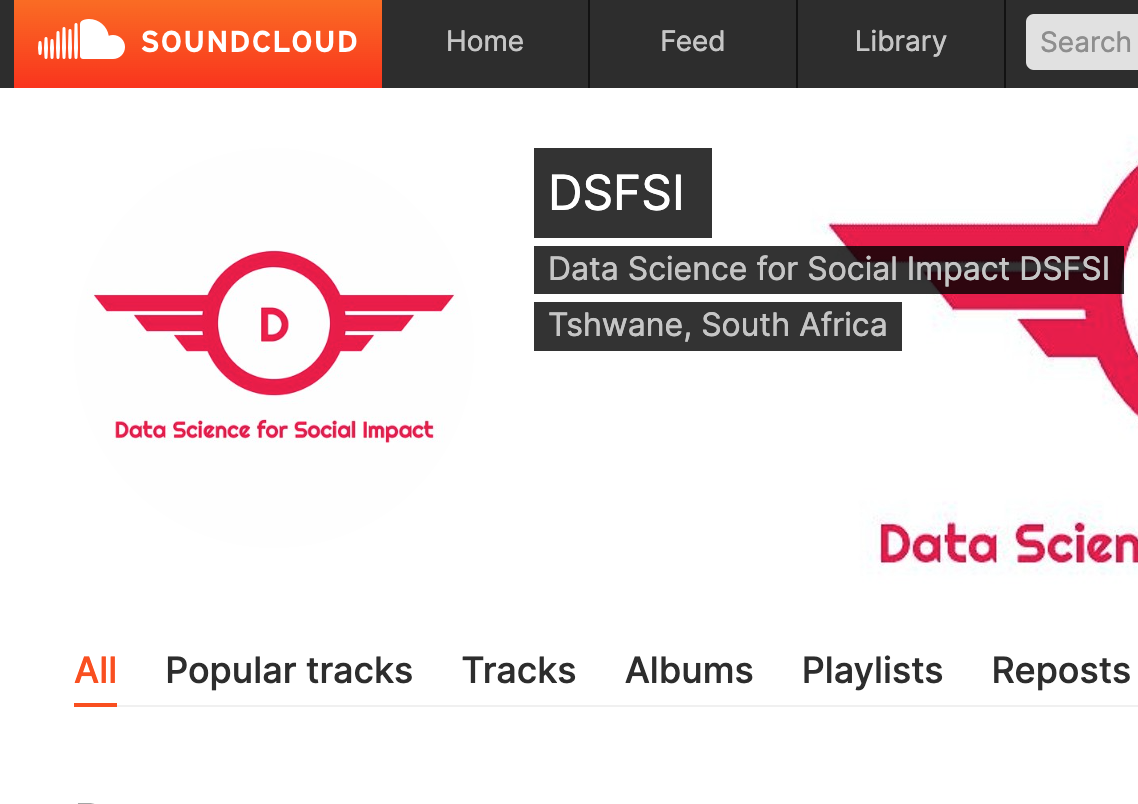UP<>Sweden AI Workshop Panel: AI, Industry and R&D
UP<>Sweden AI Workshop Panel: AI, Industry and R&D

Listen
Summary
The workshop, moderated by Vukosi Marivate, explored the role of industry in AI and R\&D, with contributions from AI leaders Martin Svensson, Saidah Nash Carter, and Greg Desilla. Key themes included the transformative potential of AI in agriculture, healthcare, and education, as well as the challenges small businesses face in adopting AI technologies. The need for collaboration between academia, industry, and government was emphasised, particularly in enhancing AI education and securing policy support. Discussions also highlighted ethical and sustainability concerns, urging tailored, inclusive AI solutions for the African context to foster innovation and growth.
Introduction to Panellists and Their Work
- Martin Svensson: Martin Svensson is the Managing Director of AI Sweden, the national centre for applied AI, with a mission to accelerate the use of AI for societal benefit, competitiveness, and improving life for everyone in Sweden. He is also the lead author of An AI Strategy for Sweden and a member of the government’s AI commission. Under his leadership, AI Sweden partners with over 130 public, private, and academic organisations, driving AI innovation to tackle societal and business challenges. Martin’s work helps strengthen Sweden’s welfare, competitiveness, and AI ecosystem on both national and global stages.
- Saidah Nash Carter: Co-founder and CEO of Bright Insights Global (B.I.G). She has expertise in data product innovation, corporate social responsibility, and intrapreneurship. She specialises in creative business development, co-creation, and strategic partnerships that have a positive societal impact.
- Greg Desilla: COO and Head of Machine Learning at Melio AI, with over 20 years of experience in business, technology, and data across various industries. He has a strong passion for delivering AI solutions at scale.
Main Themes:
Fostering Collaboration Across Sectors
- Emphasis on collaboration between research and development (R\&D), academia, and industry to foster innovation in AI solutions tailored for the African context.
- Partnerships between large organisations, small businesses, and academic institutions are important in enhancing the AI ecosystem in South Africa and the broader African continent.
Transformative Potential of AI
- Discussions highlighted how AI can revolutionise key industries such as agriculture, healthcare, and education, by making services more accessible and personalised.
- The conversation also recognized AI’s role in democratising technology and improving societal outcomes by offering tailored solutions to diverse communities.
Challenges in Implementing AI in Businesses
- Highlighting the significant barriers small businesses face in adopting AI solutions, which often require extensive resources for development and deployment.
- Concerns were raised regarding the operationalization of AI and the high costs associated with it, particularly for companies in South Africa that may lack the necessary infrastructure.
Government and Policy support
- The importance of government support in fostering an ethical and responsible AI environment, providing research funding, and encouraging collaborations.
- Calls for a reassessment of funding models for R\&D, especially in light of recent budget cuts in South Africa, impacting the ability to innovate.
AI Education and Capacity Building
- There is a need to improve education and training in AI-related fields to equip the next generation with the necessary skills for a rapidly evolving job market.
- Discussions focused on how educational institutions can adapt their curriculum to incorporate AI technologies and methodologies, moving beyond traditional assessments and conventional curriculum structures.
Sustainability and Ethical Considerations
- Discussions around the sustainability of AI technologies, particularly in terms of energy consumption and environmental impact.
- Encouragement of an inclusive approach in AI development that reflects diverse societal needs and perspectives, avoiding a one-size-fits-all solution.
Key Questions Addressed:
- How can we leverage AI to enhance industry performance across various sectors?
- What are the barriers preventing small businesses from accessing AI technologies, and how can these be mitigated?
- In what ways can industry and academia create more synergistic relationships to drive R\&D efforts?
- How do we ensure that AI solutions are ethical, sustainable, and tailored to local contexts?
- What specific roles can the government and policymakers play in support of AI innovation and ensure its implementation?
Conclusion
The workshop emphasised the urgency of fostering partnerships across different sectors to unlock the full potential of AI in Africa. Additionally, it highlighted the importance of collaboration, innovation, and the necessity of a supportive policy environment to enable sustainable growth in the AI landscape. The discussions aim to inspire actionable outcomes and encourage ongoing dialogue among stakeholders to address the unique challenges and opportunities present in the African context.